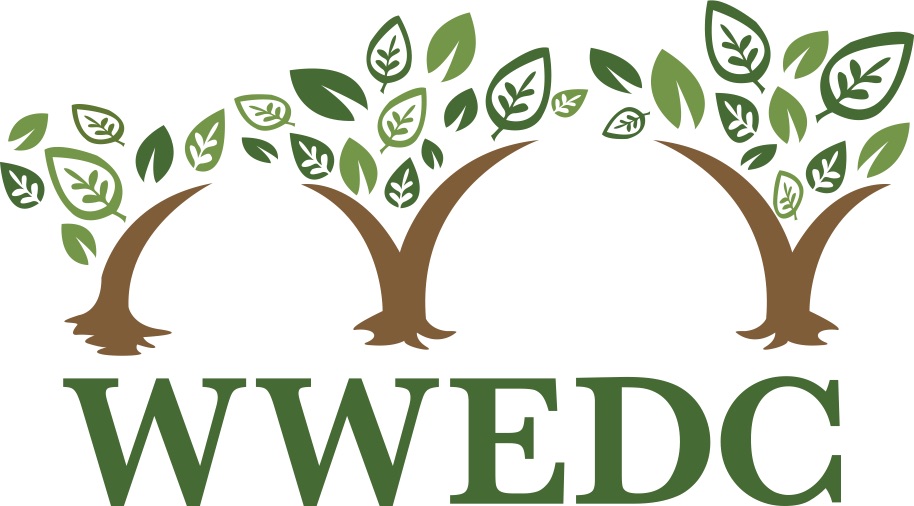Eating disorders impact diverse people – but if you were to rely on the representations we have available to us around eating disorders, you might assume that they only happen to young, white, cisgender, heterosexual, thin women. While those of us in the eating disorders field in a research and/or clinical capacity are often aware that people who are marginalized along any number of lines, including race, sexual orientation, gender, and more, get eating disorders, the dominant representation of eating disorders remains this very narrow portrait of a person. The problem with this portrait is not that it is not true – people who fit this image do get eating disorders. However, this portrait creates what Chimamanda Ngozi Adiche refers to as a “single story.” It does not leave room for recognition for those whose disorders look different, which can lead to under recognition, misdiagnosis, and a lack of appropriate care for diverse people experiencing eating disorders.
One of the most serious issues facing us as a field is the lack of training for primary care physicians and others at the front line of recognition for eating disorders. These individuals may only have dominant representations of eating disorders available to them. Resultantly, they might assume that people in larger bodies, men, racialized people, LGBTQ+ people, and otherwise marginalized folks are somehow “immune” to this kind of distress. The implications of this are twofold:
- We need to improve training for “first responders” for eating disorders, including general practitioners, nurse practitioners, teachers, coaches, and more
- We need to broaden our lens on eating disorders to incorporate and represent a wider array of experiences. This means being more proactive in conducting research that is sensitive to and designed with marginalized folks, and making space for stories to accompany the numbers used to inform eating disorder diagnoses and treatments.
Beyond these points, we also need to be working at a societal level for change in which bodies are welcome not only within eating disorder research and treatment settings, but also in society in general. Many of those who don’t fit the stereotype of eating disorders are also facing countless other obstacles in their lives that can make recovery challenging and that can make talking about their experiences of an eating disorder – and recovery – unsafe. Eating disorders are treatable and recovery is possible, but we can do better to build a world where diverse bodies are honoured and welcomed in; this is the kind of world that might make recovery less of an uphill battle against an oppressive cultural current.
The Waterloo Wellington Eating Disorders Coalition is proud to support the 1st World Eating Disorders Action Day. #WeDoAct for systems-level change for eating disorders, today and every day.
-Andrea Lamarre
